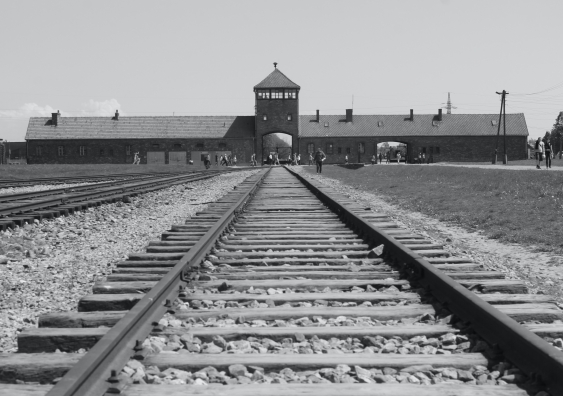The study of the Holocaust, as the ultimate example of genocide, allows teachers to raise the universal message of human rights abuses and mass violence.
On January 27 communities worldwide commemorate the liberation of Auschwitz — the largest complex of concentration camps and extermination centres during the Holocaust. This is the first year the International Holocaust Remembrance Day will be marked nationally in Australia.
Prime Minister Scott Morrison and Treasurer Josh Frydenberg will address the event, which demonstrates the importance the government ascribes to Holocaust commemoration.
In October 2019, after two cases of serious anti-Semitism in schools (one where a Jewish student was forced to kiss the feet of another student) Josh Frydenberg urged schools to deliver more history lessons about the Holocaust. He said:
If they [bullies] understood and comprehended the atrocities of the Holocaust, they would be as insulted as anybody, including me, about these recent attacks.
Federal and state governments have provided funding to Holocaust museums, and Holocaust education is mandatory in years 9 and 10 in NSW and Victoria. It is also part of the history curriculum nationally.
Although the Holocaust is a universal symbol of evil, there is some feeling among Australians it has no direct historical relevance here. In 2016, the Australian War Memorial in Canberra unveiled a small exhibition with several stories connecting Australia to the Holocaust. But there was some opposition.
Read thea article by Jan Lanicek in UNSW Newsroom.

